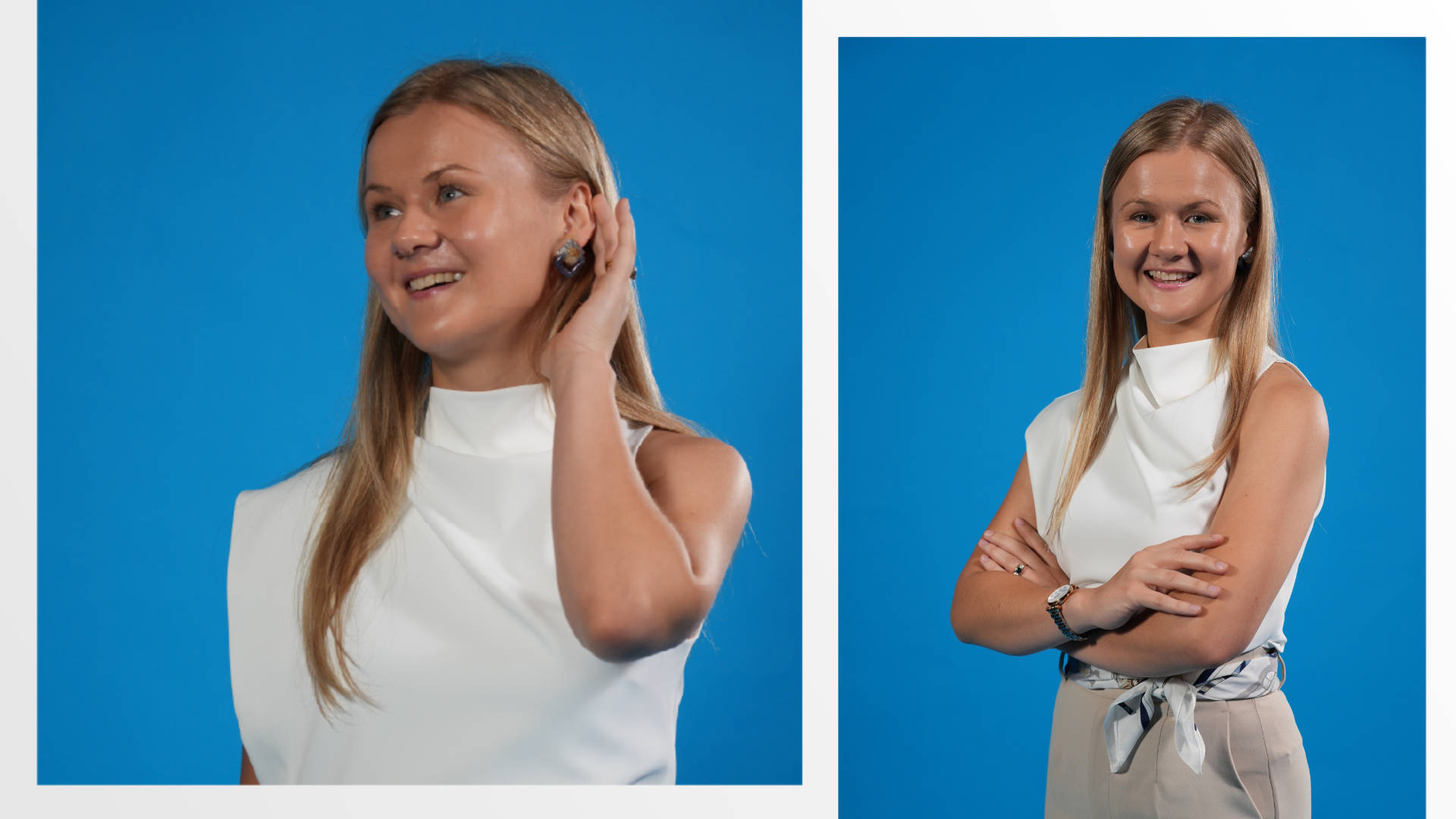Embrace Setbacks on the Path to Success
Friederike Hedley (MPhil, Cognitive Psychology / Neuroscience)

Friederike Hedley isn’t your typical academic prodigy. She is poised and engaging as she greets you with a smile, interested to hear what you have to say – everything, in fact, one would expect from a scholar of psychology. But even as she puts you at ease with her unassuming demeanour, do not underestimate her – this rising star has an impressive pedigree.
At 28 years old, Friederike is an MPhil student studying Cognitive Psychology and Neuroscience at HKU and has been awarded the prestigious Gates Scholarship from the Gates Cambridge Foundation. This award will enable her to attend the University of Cambridge, where she will soon be pursuing a PhD in psychology. However, her path to success hasn’t been without its challenges – Friederike got rejected when she first applied to study psychology as an undergraduate.
All those years ago, her admission feedback highlighted that she had not conveyed her passion for the discipline enough. The setback stung, but it also turned out to be a blessing in disguise. She spent the next few months thinking about what she wanted in life, what interested her and what contributions she wanted to make. “Rethink, restructure and redefine your goals,” she says, also noting that, “In a success-driven world, we must also leave a space for failure and draw other people close to us, to help us with these setbacks and then come out stronger.”
Friederike completed a BSc in Management and a subsequent BSc in Psychology and Psychotherapy at the University of Witten/Herdecke. Encouraged by a family friend, she spent a year as a visiting student in the UK before taking a step into the unknown. Relocating to Hong Kong, she joined the PANDM Lab (Psychopathology, Affective Neuroscience and Decision-Making Laboratory) as a research assistant in 2021, before applying for postgraduate studies at HKU.
Friederike describes HKU as “a top university in a world city”. With its global connections and international exposure, HKU was a prime choice. Specifically, it offered her the opportunity to join and build her professional network at her research field’s leading conference, the Annual meeting of the Society for Research in Psychopathology (SRP), in Philadelphia in 2022 and St Louis in 2023.
“I’ve always been interested in emotions,” she says, adding, “All emotions have something inherently good in them.” Perhaps this optimistic outlook comes from her upbringing. Friederike grew up in a large family in Brake (Unterweser) in Germany, and was exposed at an early age to many relatives and friends from a range of different professions, lifestyles and worldviews.
In explaining why she chose anxiety as a focus of her research, she notes that emotions motivate humans, as they guide behaviour, but they can become maladaptive. For example, evolutionarily speaking, we need fear for survival. However, excessive fear and pervasive abstract worry are problematic. “There is an alarming prevalence of people diagnosed with anxiety disorders around the globe,” she says, which emphasises the importance and relevance of her research.
She is particularly concerned about how young people are coping: “I want my research to contribute to a better understanding of how uncertainty is linked to anxiety, especially in children and younger populations, and how that is represented in the developing brain. I want to see our uncertain world become less anxious and I am committed to breaking uncertainty’s link to anxiety by finding universal and transdisciplinary solutions with data-driven methods.”
Which is why she is delighted with the prospect of pursuing this further at doctoral level: “The Gates Cambridge Scholarship looks for people who are committed to improving the lives of others. I love this about the scholarship as it shifts the focus towards how to best bring positive change. It inspires me to think about real-world applications of my research.”
Her advice to students who are considering applying for a similar scholarship is, “Work hard, but don’t obsess with your academic profile. Try to do good in your spheres of influence outside of academia.”
“You can’t control the wind, but you can change your course” – this old adage could easily be applied to Friederike, both figuratively and literally, since she is also an avid sailor, and was pleasantly surprised to discover what an active sailing community there is in Hong Kong.
And how does she define success? “It means using well whatever has been given to you. Whether that is talent, strength, or wealth – multiply these things and love those around you well.” That unwavering optimism and resourcefulness again! Qualities that will surely serve her well in the future, whether it be on smooth seas or stormy waters.

